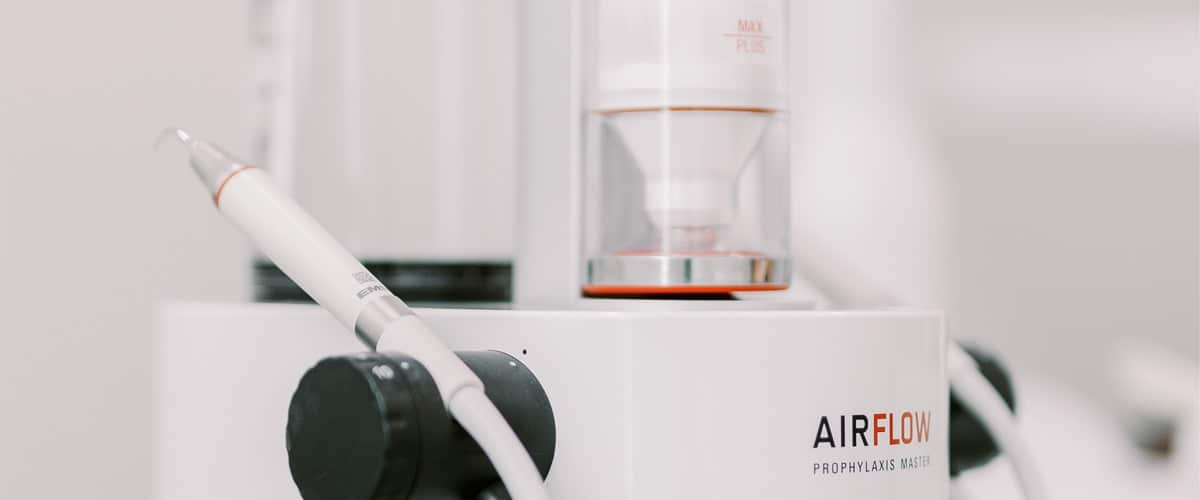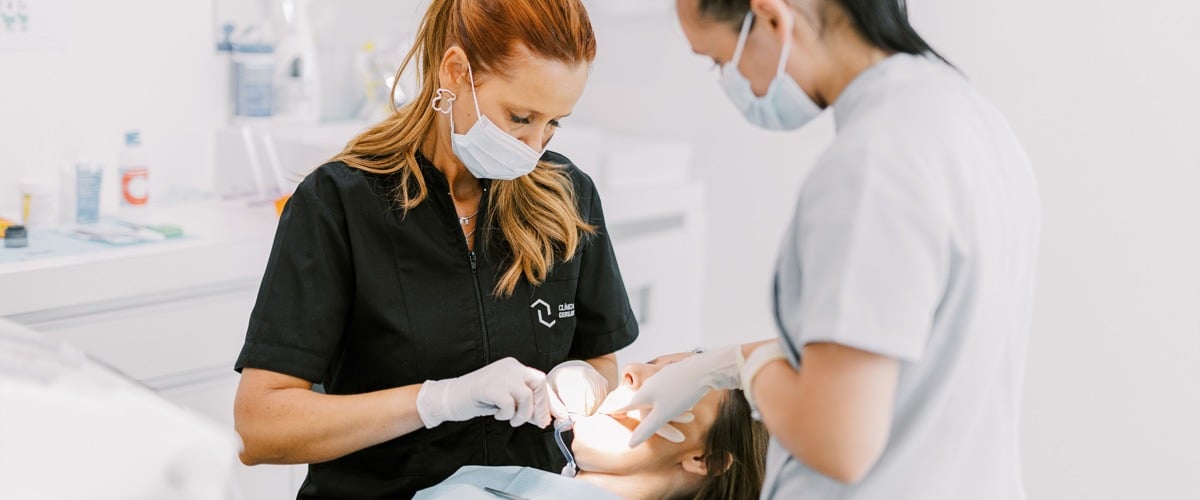Oral Hygiene
Maintaining good oral hygiene is essential for preventing oral diseases. In addition to brushing your teeth and flossing daily, it is important to follow some tips to ensure oral health.
Here you will find all the information you need to never neglect your oral hygiene.
At this appointment, an evaluation is done to detect problems such as cavities, gum disease, and other oral problems.
Tartar and plaque is also cleaned through a deep cleaning. Depending on the patient, the Oral Hygienist may apply fluoride and other products to treat tooth sensitivity.
The Oral Hygienist is a professional who provides preventive and therapeutic care for oral health, taking into consideration the biological, psychological and social context of the patient.
The importance of scaling
Scaling is a procedure that consists of cleaning the teeth, removing bacterial plaque and tartar.
If these are not removed, they can cause problems such as caries, gingivitis, periodontitis, halitosis, and tooth sensitivity, among others.
During the appointment, orientation about good oral hygiene habits, evaluation of caries, periodontal diseases, and checking for lesions in the oral cavity are also carried out.
The deep cleaning of the teeth, known as scaling, generally lasts between 30 and 45 minutes and can vary according to the needs and sensitivity of each patient.
How often should I schedule an oral hygiene appointment?
Regular oral hygiene appointments are essential for the success and maintenance of all dental treatments, as well as ensuring a beautiful and healthy smile.
The frequency of appointments is determined by the Oral Hygienist, taking into account the needs and oral health status of the patient. In general, it is recommended to schedule a maintenance appointment every 6 months for patients with good oral and gum health without individual risks.

What care should I take after the Oral Hygiene appointment?
After teeth cleaning, it is advisable to avoid consuming food or beverages for 1 hour. Usually, a gel with a high concentration of fluoride is applied to help strengthen the teeth and reduce sensitivity.
Oral Hygiene for those with dental implants
It is important to brush your implanted teeth in the same way you brush your natural teeth to ensure long-lasting treatment results.
In addition, it is important to schedule and attend regular appointments with your dentist. Brush your teeth at least twice a day, using a soft brush and a small amount of toothpaste.
Use an interdental brush to clean the sides of the teeth and floss for gaps that cannot be reached with the interdental brush. Carefully clean all areas of the mouth, teeth, gums and tongue.
If desired, you can use a recommended mouthwash after rinsing. If you wear a removable denture, it is important to clean the denture and abutments, as well as the natural teeth, to ensure long-lasting results.
Remove the denture daily and clean the attachments thoroughly with a regular toothbrush. Then clean the bar with a simple toothbrush in the contact areas with the gingiva and around the abutments.
Use an interdental brush for hard-to-reach areas.

SCHEDULE YOUR APPOINTMENT
Contact
-
Opening Hours
Monday to Friday from 9am to 8pm
-
Address
Rua de Camões, Nº 115 – R/C
4000-144 Porto
Portugal -
Email

